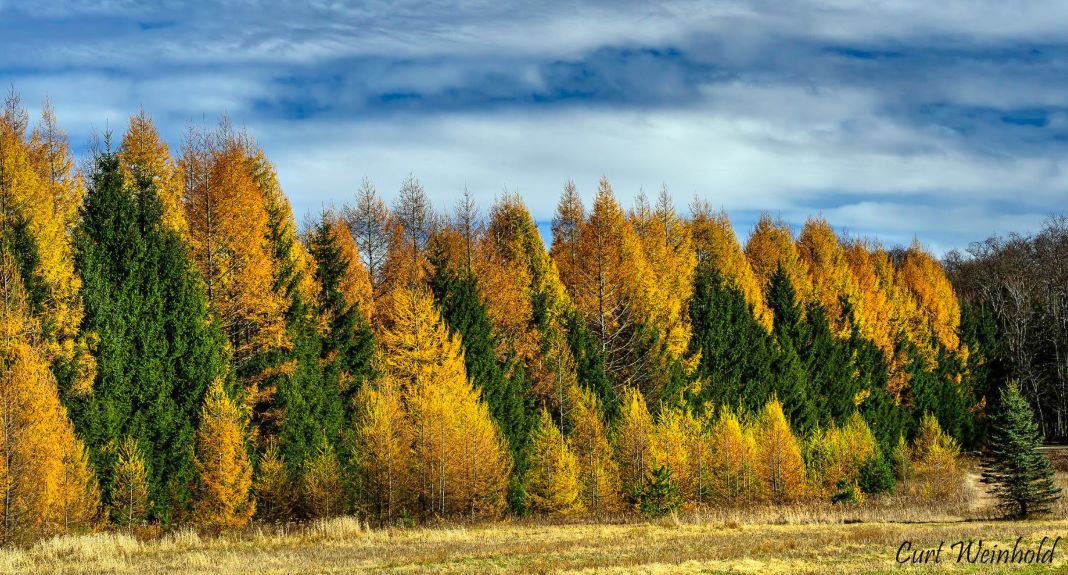The excitement of turkey hunting doesn’t have to wait for spring.
Pennsylvania’s fall turkey season, an annual opportunity to pursue the state’s only big-game bird among the changing colors of the autumn woods, kicks off Saturday, Oct. 29 in 19 of Pennsylvania’s 23 Wildlife Management Units (WMUs.)
The fall season is closed in WMUs 5A, 5C and 5D. For the remaining WMUs the season lengths are as follows: WMUs 1A, 1B, 4A, 4B, 4D and 4E –Oct. 29-Nov. 5; WMU 2B –Oct. 29-Nov. 18 and Nov. 23-25; WMUs 2A, 2F, 2G, 2H, 3A, 3B, 3C, 3D and 4C –Oct. 29-Nov. 12; WMU 2C, 2D & 2E –Oct. 29-Nov. 12 and Nov. 23-25; and WMU 5B – Nov. 1-3. Hunters are advised the three-day Thanksgiving season again will run Wednesday, Thursday and Friday where held.
As a reminder, no single-projectile firearms may be used in the fall turkey seasons. Hunters may use shotguns and archery gear only.
While fall turkey hunters no longer are required to wear fluorescent orange, the Game Commission highly recommends the use of orange, especially while moving.
Season outlook
During the fall season, any turkey – male or female – can be harvested. Female turkeys make up about 60% of the fall harvest.
When turkey populations are below-goal in a given WMU, the fall season length is reduced there to allow more female turkeys to survive to their spring nesting season.
Turkey populations in many WMUs were measured below the management goal. Therefore, in 2021, season length in 15 of the 21 WMUs was shortened, or closed, and the use of single-projectile rifles and handguns was eliminated. The 2021 statewide fall harvest (6,800 turkeys) was 20% lower than 2020. Statewide fall hunter participation (81,500 hunters) was 19% less than 2020.
But things are looking up.
Turkey reproduction in 2021 and 2022 was above average across many WMUs.
“This typically results in larger fall flocks,” said Game Commission wild turkey biologist Mary Jo Casalena.
And there’s plenty of spots where hunters can put themselves in good position to take a bird.
“Expect to find turkey brood flocks concentrated on available food sources, such as areas with acorn production or agricultural areas,” Casalena said.
Casalena also encourages hunters to cover a lot of ground to find available food sources. When abundant food is found, determining turkey movement patterns around that food will improve hunter success.
Hunters during fall turkey season share the woods with hunters participating in many other hunting seasons. But fall turkey hunting has proven remarkably safe. 2021 marked the fifth year since 2012 with no hunting related shooting incidents while fall turkey hunting. The other years with no incidents were 2012, 2016, 2018, and 2019.
Harvests and reporting
Everyone who purchases a hunting license receives one fall turkey tag
Successful fall turkey hunters must tag their birds according to instructions provided on the printed harvest tags supplied with their licenses, then report harvests.
Mentored hunters under the age of 7 may receive, by transfer, a fall turkey tag supplied by their mentor.
The turkey must be tagged immediately after harvest and before the turkey is moved, and the tag must be securely attached to a leg until the bird is prepared for consumption or mounting.
Within 10 days of harvest, turkey hunters must report harvests to the Game Commission, either by going online to the Game Commission’s website, www.pgc.pa.gov, calling toll-free or mailing in a prepaid postcard.
Hunters reporting their turkey harvests over the telephone can call 1-800-838-4431 and follow the prompts. Hunters will need to have their license and their copy of the harvest tag in front of them when they make the call. Hunters should record the supplied confirmation number for the turkey reported.
All hunters reporting harvests are asked to identify the WMU, county and township where the bird was taken.
Additionally, hunters may harvest a turkey that has been leg-banded for research purposes, and if so, they should follow the instructions on the band. The Game Commission leg-banded more than 800 turkeys last winter in a continuing effort to track turkey populations.
Handling harvested birds
Pennsylvania recently saw a wild turkey test positive for Highly Pathogenic Avian Influenza (HPAI). While turkeys are highly susceptible to the influenza virus, their behavior and habitat use place them at less risk of contracting the disease compared to waterfowl, shorebirds, raptors and avian scavengers.
“This isn’t a concern in terms of affecting the entire turkey population,” said Game Commission Wildlife Management Bureau Director Matthew Schnupp, “but occurrence will be impossible to predict.”
Turkey hunters, and others hunting birds, should take HPAI precautions when handling harvests. In doing so, they not only protect themselves, but help reduce the risk of this extremely contagious disease spreading to other birds.
Bird hunters should:
· Harvest only healthy-looking wild birds.
· Wear gloves when handling any wild birds.
· Wash hands with soap and water or an alcohol-based hand sanitizer immediately after handling wild birds.
· Dress harvested wild birds in the field.
· Change clothing as needed, especially if visibly soiled or if any wild birds came in contact with clothing.
· Change clothing, including footwear, before coming in contact with any pet birds or domestic poultry.
· Wash all equipment, tools, and work surfaces with soap and water, then disinfect with a 10% household bleach solution. Allow to air dry or rinse after 10 minutes of contact time.
HPAI can infect humans, though just one human HPAI case has been reported in the United States during this outbreak.
Any sick or dead domestic birds should be reported to the Pennsylvania Department of Agriculture at 717-772-2852. Sick or dead wild birds should be reported to the Game Commission at 1-833-PGC-WILD or online using the Wildlife Health Survey tool at www.pgcapps.pa.gov/WHS.
































